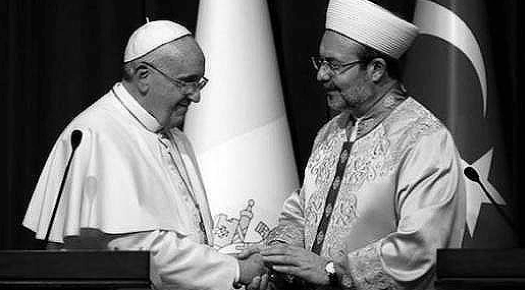
A historic treaty aiding the relationship between Palestine and the Holy See came into effect earlier this month, thus making the Vatican’s recognition of the state de facto. On January 2, the Holy See announced that its “comprehensive agreement” with the State of Palestine came into force. The historic treaty, which was finalized in June 2015, called for an attempt to end the ongoing Israeli-Palestinian conflict by offering a two-state solution and describing Palestine as a state. This means that the Vatican now recognizes Palestine as an equal partner.
“The Holy See and the State of Palestine have notified each other that the procedural requirements for [the agreement’s] entry into force have been fulfilled, under the terms of Article 30 of the same Agreement,” said the Holy See in its official statement.
The treaty sealed support for a 2012 United Nations General Assembly resolution, thereby granting Palestine the status of a non-member observer. The move was welcomed at the time by the Holy See, which now shares the same status.
In October 2014, Sweden officially recognized Palestine after drawing condemnation from Israel. Even though Israel earlier called the Holy See’s involvement a hasty decision that could potentially damage attempts to reach a peaceful agreement between both regions and affect the country’s diplomatic relation with the Vatican, Pope Francis has relentlessly sought for the Israeli-Palestinian talks to resume.
In fact, in May 2014, Pope Francis made a trip to Bethlehem, where he delivered a speech stating the rights of both Israel and Palestine to coexist.
“The Agreement … regards essential aspects of the life and activity of the Church in Palestine, while at the same time reaffirming the support for a negotiated and peaceful solution to the conflict in the region,” the Vatican said.
This historic treaty hopes to secure the rights of the Roman Catholic Church on Palestinian territories in exchange of support for the two-state solution, as it gives more political weight to Palestine. It also hopes to offer more safety to holy sites in Palestine that have been subject to vandalism in recent years.
Photo Credits: European Guardian
